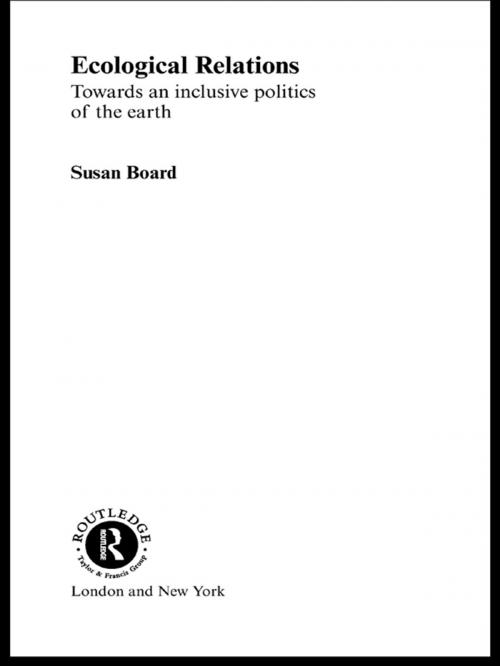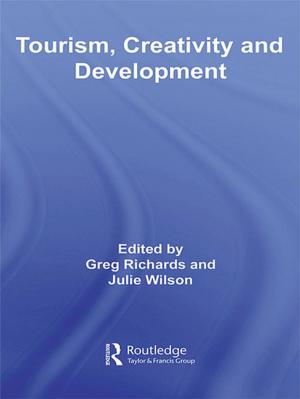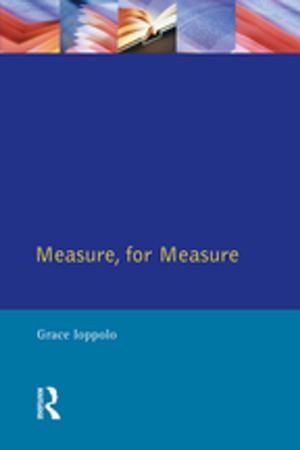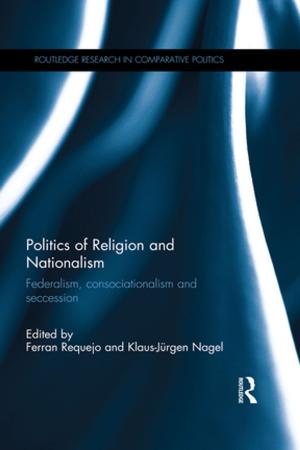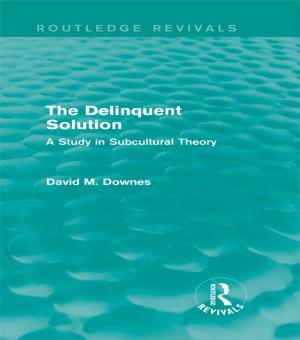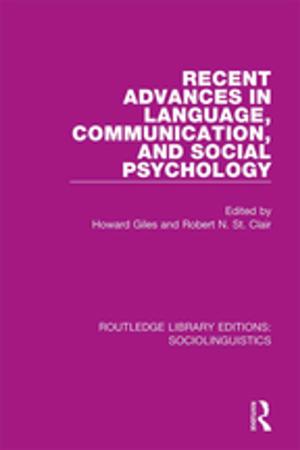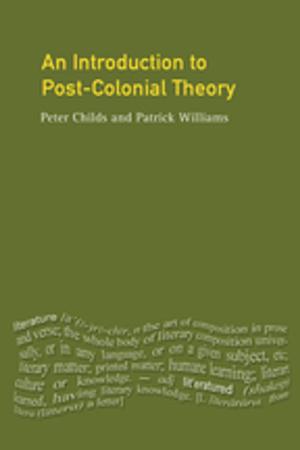Ecological Relations
Towards an Inclusive Politics of the Earth
Nonfiction, Social & Cultural Studies, Political Science| Author: | Susan Board | ISBN: | 9781134533992 |
| Publisher: | Taylor and Francis | Publication: | August 29, 2003 |
| Imprint: | Routledge | Language: | English |
| Author: | Susan Board |
| ISBN: | 9781134533992 |
| Publisher: | Taylor and Francis |
| Publication: | August 29, 2003 |
| Imprint: | Routledge |
| Language: | English |
International relations (IR) traditionally theorises the social relationships between different peoples. In so doing, it ignores the ecological bases to life - the ground upon which we walk, the all-encompassing bind of nature. In the current climate of environmental degradation, international relations as a theory must in turn be altered. By broadening the term 'relations' to include this ecological framework, international relations can be approached from a changed perspective.
In this book, Susan Board uses a Foucauldian model of power to expand the boundaries of international relations. She argues that 'relations' can include other people or animals, and are not exclusively between states. Such a perspective acts to denaturalise the marginalization of women, animals and indigenous peoples and hence expand the constrained discipline of IR. By rethinking international relations to put ecological foundations first, we are pushed to think and act with consideration of the long-term sustainability of the global environment; an ecological focus reminds us of our interdependence with our environment and all our neighbours.
The book raises conceptual and methodological issues that go directly to the heart of current critical engagements within the discipline of IR. As such it will be of great interest to students and researchers in IR, environmental politics and political theory.
International relations (IR) traditionally theorises the social relationships between different peoples. In so doing, it ignores the ecological bases to life - the ground upon which we walk, the all-encompassing bind of nature. In the current climate of environmental degradation, international relations as a theory must in turn be altered. By broadening the term 'relations' to include this ecological framework, international relations can be approached from a changed perspective.
In this book, Susan Board uses a Foucauldian model of power to expand the boundaries of international relations. She argues that 'relations' can include other people or animals, and are not exclusively between states. Such a perspective acts to denaturalise the marginalization of women, animals and indigenous peoples and hence expand the constrained discipline of IR. By rethinking international relations to put ecological foundations first, we are pushed to think and act with consideration of the long-term sustainability of the global environment; an ecological focus reminds us of our interdependence with our environment and all our neighbours.
The book raises conceptual and methodological issues that go directly to the heart of current critical engagements within the discipline of IR. As such it will be of great interest to students and researchers in IR, environmental politics and political theory.
